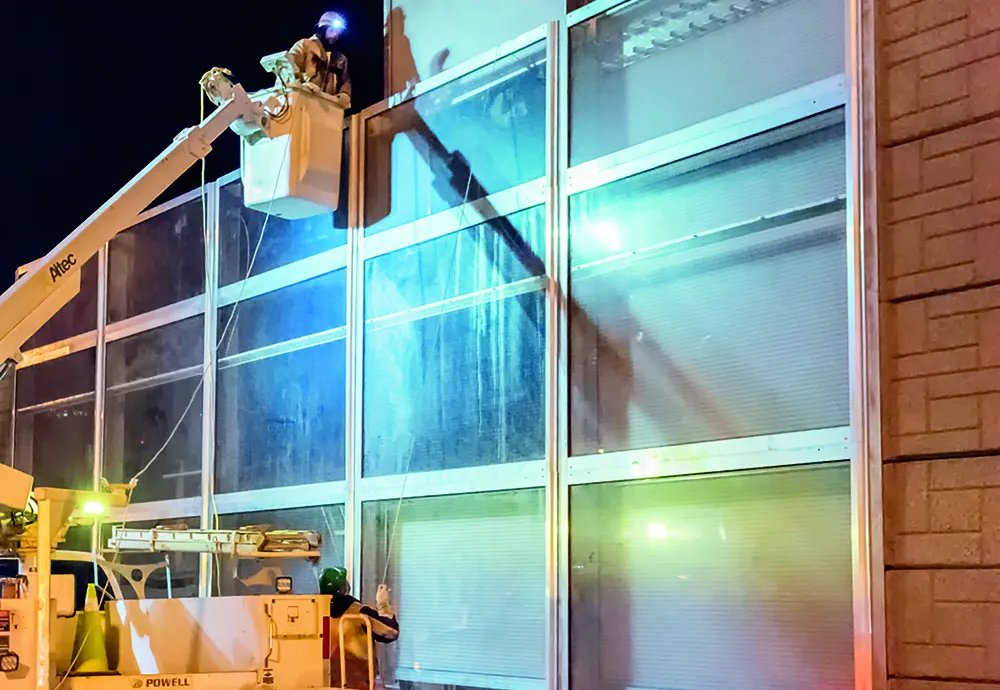According to new research from TomTom, men's stress levels soar a staggering seven times higher than a woman's when stuck in heavy traffic. Psychologists tested volunteers for the rise in stress chemicals - Immunoglobulin A (IgA - an immune system marker) and alpha-amylase (a stress marker) - in their saliva when caught up in a traffic jam. The levels for women in the study increased by 8.7 per cent while stuck behind the wheel - but for men it shot up by a worrying 60 per cent in the same gridlock scenario
April 23, 2012
Read time: 2 mins
RSSAccording to new research from 1692 TomTom, men's stress levels soar a staggering seven times higher than a woman's when stuck in heavy traffic. Psychologists tested volunteers for the rise in stress chemicals - Immunoglobulin A (IgA - an immune system marker) and alpha-amylase (a stress marker) - in their saliva when caught up in a traffic jam. The levels for women in the study increased by 8.7 per cent while stuck behind the wheel - but for men it shot up by a worrying 60 per cent in the same gridlock scenario.
That could be unhealthy as it puts pressure on the heart and can cause dizziness and breathing problems yet remarkably, many had no idea they were suffering from stress. Two thirds of the women (67 per cent) and half (50 per cent) of the men reported not feeling any stress after 20 minutes in heavy traffic, even though the readings proved they were. It may also make their driving erratic and potentially dangerous said health psychologist David Moxon.
Men could get more stressed because their normal reaction to a difficult situation is known as 'fight or flight' - which means either confront it or walk away from it. However, stuck behind the wheel in motionless traffic does not leave them either option so they sit and fume. Women, on the other hand, cope better using methods as simple as singing to the radio to relieve the pressure.
David Moxon said: "These findings make good evolutionary sense. Men, in particular, show a strong acute physiological fight or flight response".
That could be unhealthy as it puts pressure on the heart and can cause dizziness and breathing problems yet remarkably, many had no idea they were suffering from stress. Two thirds of the women (67 per cent) and half (50 per cent) of the men reported not feeling any stress after 20 minutes in heavy traffic, even though the readings proved they were. It may also make their driving erratic and potentially dangerous said health psychologist David Moxon.
Men could get more stressed because their normal reaction to a difficult situation is known as 'fight or flight' - which means either confront it or walk away from it. However, stuck behind the wheel in motionless traffic does not leave them either option so they sit and fume. Women, on the other hand, cope better using methods as simple as singing to the radio to relieve the pressure.
David Moxon said: "These findings make good evolutionary sense. Men, in particular, show a strong acute physiological fight or flight response".









